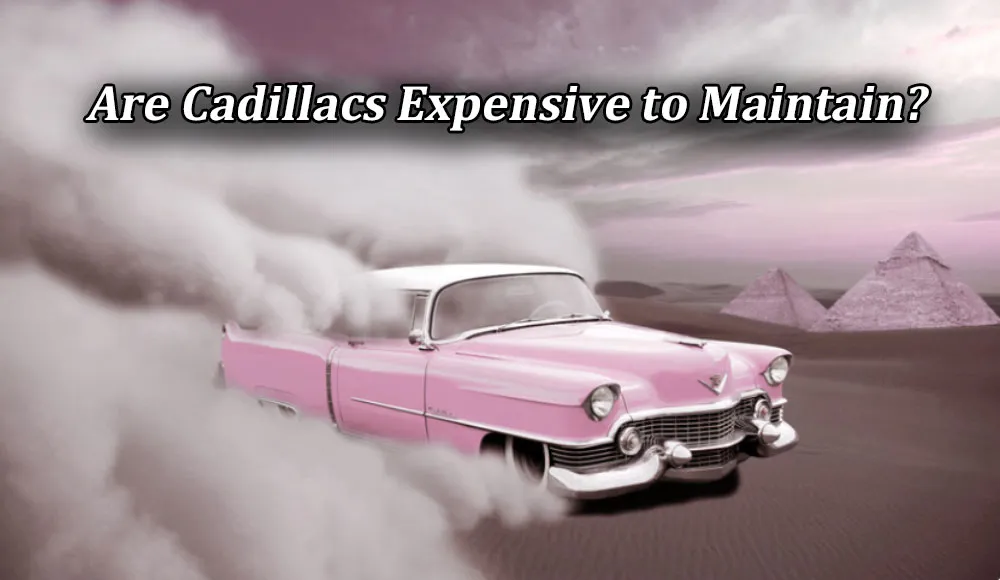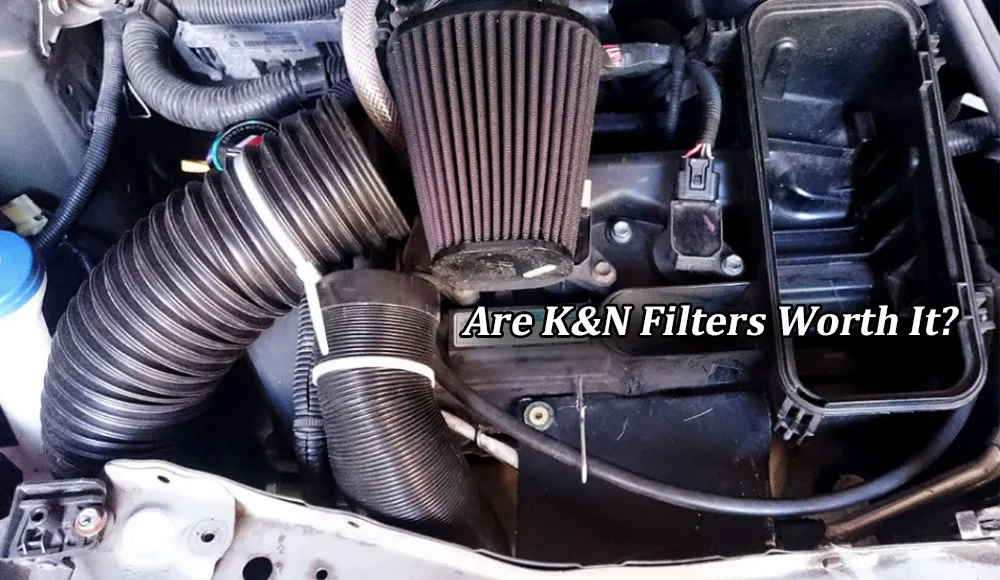As a car enthusiast and long-time blogger, I’ve encountered various car issues over the years, but one of the most perplexing is when a car jerks during acceleration. It’s not only annoying but can also be a sign of underlying problems that need immediate attention.
In this post, I’ll delve into why this happens and how you can address it. Remember, understanding your car’s behavior is key to maintaining its health and your safety.

Overview of Car Mechanics Related to Acceleration
Basic Mechanics of Acceleration
Let’s start with the basics. When you press the accelerator, your car’s engine revs up, and the transmission engages to increase speed. This process seems straightforward, but it involves intricate coordination between the engine, transmission, and fuel system. Any hiccup in this coordination can cause your car to jerk.
The Role of Transmission and Engine
The transmission plays a pivotal role in managing engine power and delivering it to the wheels. Similarly, the engine needs to fire up efficiently to provide the necessary power. If either of these components is not working correctly, it can lead to jerking motions during acceleration.
Common Causes of Jerking During Acceleration
Fuel System Issues
If your fuel system is clogged or malfunctioning, your engine won’t receive the right amount of fuel at the correct pressure. Clogged fuel injectors or a faulty fuel pump can cause intermittent and uneven fuel supply, leading to jerking.
Transmission Problems
Transmission issues are often behind this jerky motion. Dirty transmission fluid or a failing transmission can’t smoothly transfer engine power to the wheels. It’s like trying to ride a bike with a slipping chain – the motion is erratic and unsmooth.
Ignition System Defects
The ignition system’s job is to ignite the fuel in the engine at just the right time. If your spark plugs or ignition coils are failing, they won’t ignite the fuel efficiently, causing misfires and, consequently, jerking during acceleration.
Air Flow and Sensor Issues
Your engine needs a perfect mix of air and fuel. If sensors like the mass airflow sensor or oxygen sensors are faulty, they can misread the air intake, leading to an improper air-fuel mixture. This imbalance can cause the engine to sputter and jerk.
Diagnosing the Problem
Understanding the root cause is crucial. You can start with an OBD-II scanner to read error codes, which can point you in the right direction. But, let me tell you, nothing beats a professional mechanic’s expertise. They can pinpoint issues that a scanner might miss.
Solutions and Repairs
Once you’ve identified the problem, it’s time to get it fixed. For fuel system issues, cleaning or replacing the fuel injectors or pump is often necessary. If it’s a transmission problem, you might need to change the transmission fluid or, in severe cases, overhaul the transmission. For ignition issues, replacing spark plugs or ignition coils is typically the solution. Sensor problems usually require replacing the faulty sensor.
Remember, addressing these issues promptly can save you from more significant troubles down the road.
Preventive Measures and Regular Maintenance
To prevent such problems, regular maintenance is key. Keep up with your car’s service schedule, ensure timely oil changes, and get the fuel system, transmission, and ignition system checked regularly. These simple steps can go a long way in preventing jerking issues.
Conclusion
Dealing with a car that jerks during acceleration can be frustrating. But understanding the possible causes and taking timely action can resolve these issues. Keep an eye on your car’s performance, and don’t hesitate to seek professional help when needed. After all, a smooth drive is not just about comfort; it’s about safety too. Stay informed, stay safe, and enjoy the ride!


